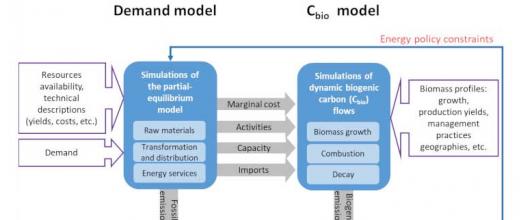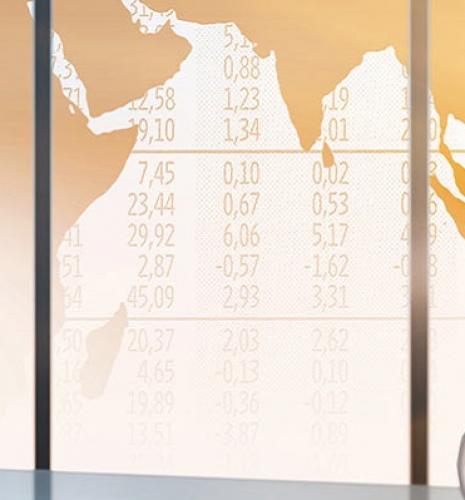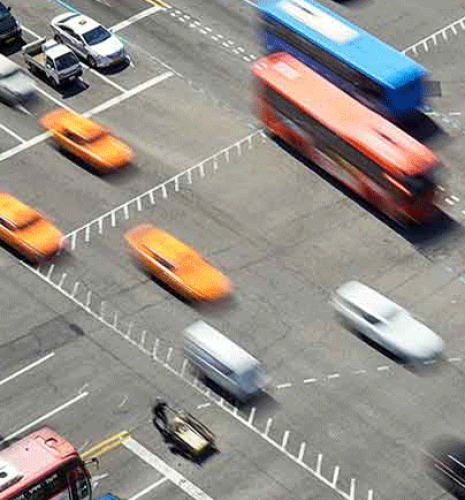
News in brief
Modeling of major energy systems
Economic Analysis of Energy Systems : a large-scale regional approach This research focuses on the economic analysis of large-scale systems, i.e. targets such as the energy systems of regions, countries, territories and major cities or vast metropolitan areas. In terms of the economic analysis, it extends beyond pure, autonomous economic elements to include issues related to geopolitical, technical and environmental aspects, as well as energy policies, obviously.

News in brief
SC9 - New resources for the prospective analysis of french road transport
Cutting CO2 emissions from road vehicles is essential and necessary to reduce long-term greenhouse gas (GHG) emissions in France. The transport sector is still responsible for more than 30% of national emissions, making it the sector with the highest level of emissions. The development of new low-carbon powertrains may also result in an improvement in air quality and help reduce our reliance on imported fossil fuels.

News in brief
CarMa Chair: negative CO2 emissions by 2050
Tackling climate change necessarily involves reducing greenhouse gas emissions resulting from human activities, primarily carbon dioxide and methane. The problem is global and the actions required must be implemented within the framework of a systemic approach, with scale effects that are difficult to fully understand. Nevertheless, the Paris Agreement reflects the determination of nations to correct the current trajectory while respecting the legitimate aspirations of emerging countries to raise their living standards.
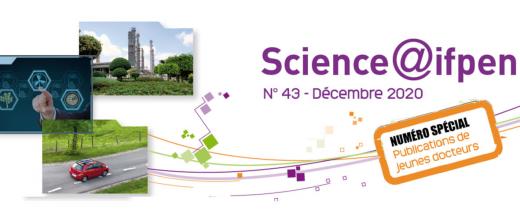
News in brief
Dynamic flows for better low-carbon strategies
Low-carbon strategies encourage the use of renewable energy sources based, among others, on biomass. The objective of achieving carbon neutrality is expressed via a perfect balance...

News in brief
Infographics : Life cycle assessment (LCA)
Life Cycle Assesment (LCA) : An essential tool for measuring the overall environmental impact of our products
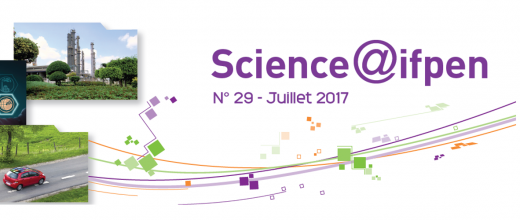
News in brief
Consequential LCA and impacts assessment of legislation on the energy transition
Life Cycle Assessment (LCA) is an environmental impact assessment tool that is generally static, linear and limited to the description of physical flows when the aim is to assess the impacts

News in brief
Biomethane production: a lever for the circular economy!
The development of methanisation sectors is part of a drive to create a circular economy that simultaneously serves three purposes: treat waste, supply energy ( biogas a), and produce fertilizers

News in brief
SCelecTRA: prize for best 2030 scenario for electric mobility
Selected as part of the European ERANET-Electromobility+ program a and coordinated by IFPEN, the SCelecTRA (1) project was aimed at assessing the potential and conditions for the development of



